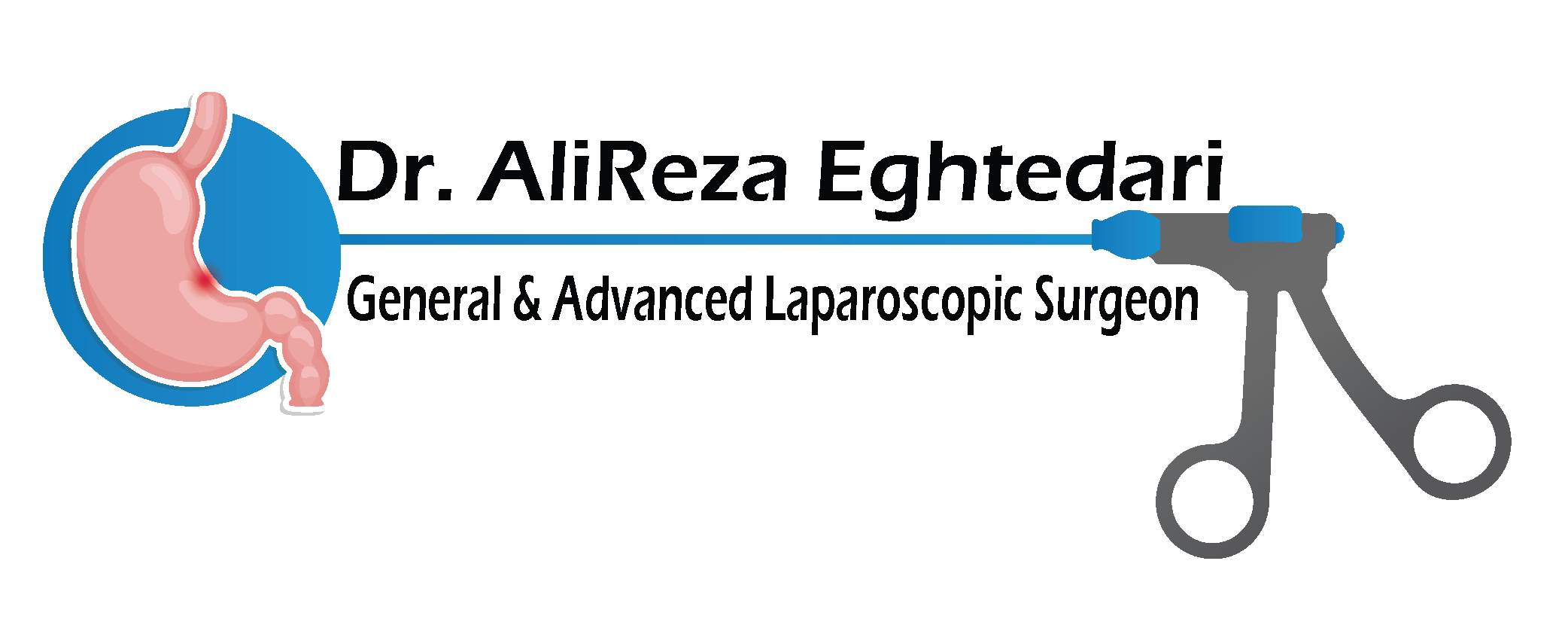Hiatal hernias can be a challenging medical condition, and determining when surgery is necessary is crucial for patients’ well-being. A hiatal hernia occurs when a portion of the stomach protrudes through the diaphragm and into the chest cavity. In this blog, we’ll explore the various sizes of hiatal hernias and when surgical intervention becomes necessary. We’ll also introduce Dr. Ali Eghtedari, a distinguished Consultant Laparoscopic and General Surgeon with extensive experience in hernia and other surgical procedures.
Understanding Hiatal Hernias
When a section of the stomach pushes through the diaphragm and into the chest cavity, it develops a hiatal hernia. These hernias are categorized into two main types: sliding and paraesophageal hernias.
- Sliding Hernias: These are the most common type and usually do not require surgical intervention unless they cause severe symptoms. Sliding hernias involve the stomach and the lower esophagus sliding into the chest cavity.
- Paraesophageal Hernias: These hernias are less common but often require surgical treatment. In paraesophageal hernias, a portion of the stomach pushes through the diaphragm beside the esophagus, potentially leading to more severe complications like gastric strangulation or obstruction.
Determining the Need for Surgery
The size of a hiatal hernia is a critical factor in deciding whether surgical intervention is necessary. However, it’s not the sole determinant. Dr. Ali Eghtedari advises that the decision should also consider the patient’s overall health, age, and the severity of their symptoms.
- Small and Moderate Hernias: Small hiatal hernias, typically less than 2 cm in size, may not require surgery. Hernias between 2 to 4 cm are considered moderate in size. These hernias may require surgical intervention if they fail to respond to medication.
- Large Hernias: Hiatal hernias larger than 4 cm are considered large and often necessitate surgical repair. These hernias are more likely to lead to severe symptoms and complications like gastric strangulation, which can be life-threatening.
- Symptomatic Hernias: Regardless of size, if a hiatal hernia causes severe symptoms such as chronic heartburn, difficulty swallowing, chest pain, or vomiting blood, surgical consultation is highly recommended.
Meet Dr. Ali Eghtedari
Dr. Ali Eghtedari is a highly regarded Consultant Laparoscopic and General Surgeon known for his exceptional skills and extensive experience in various surgical specialties, including hernia repair. He is a certified European Surgeon and has trained in prestigious tertiary care hospitals in Romania. Dr. Ali Reza is a pioneer in advanced laparoscopic general and oncological surgery in the United Arab Emirates (UAE). Dr. Eghtedari has successfully treated numerous patients with hiatal hernias of varying sizes. His expertise extends to laparoscopic procedures, which offer minimally invasive options for hernia repair, reducing recovery time and post-operative discomfort.
Conclusion
In conclusion, the decision to undergo surgery for a hiatal hernia depends on various factors, including its size, symptoms, and potential complications. Small hernias may be managed with lifestyle changes and medication, while larger hernias or those causing severe symptoms often require surgical intervention. It’s crucial to consult with an experienced surgeon like Dr. Reza, who can provide personalized guidance and the most appropriate treatment options for your specific condition. If you’re experiencing symptoms related to a hiatal hernia, don’t hesitate to seek medical advice and explore your treatment options to improve your quality of life.
